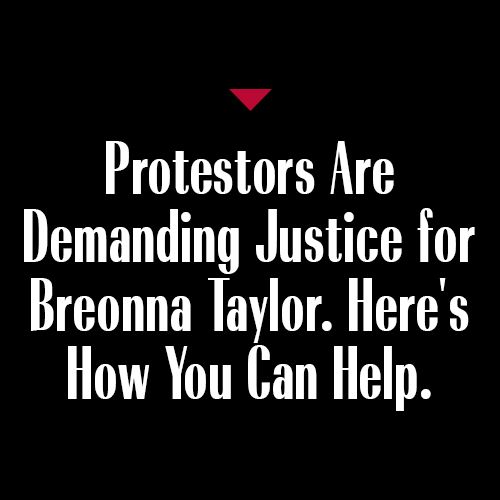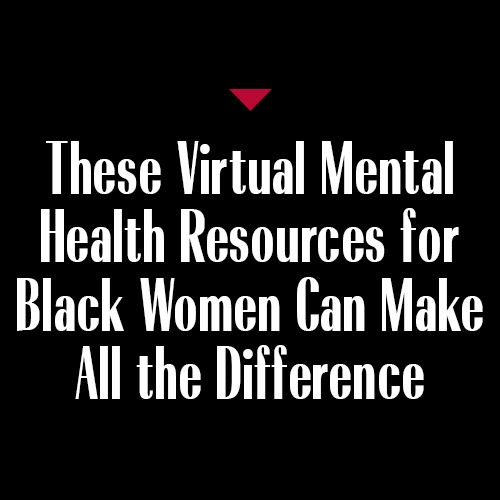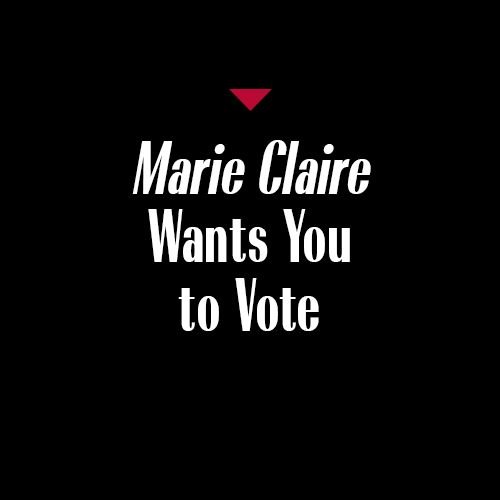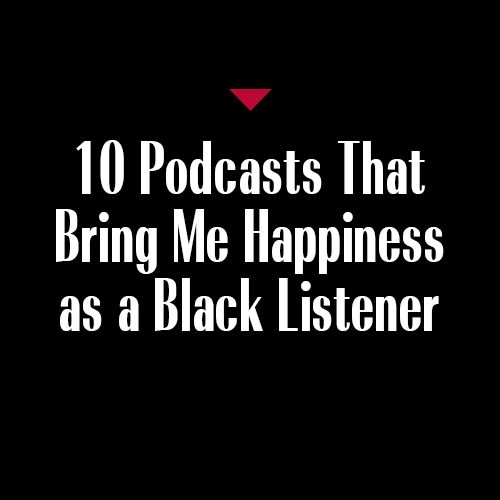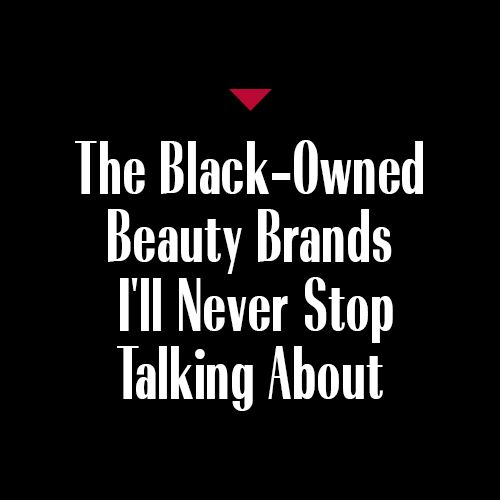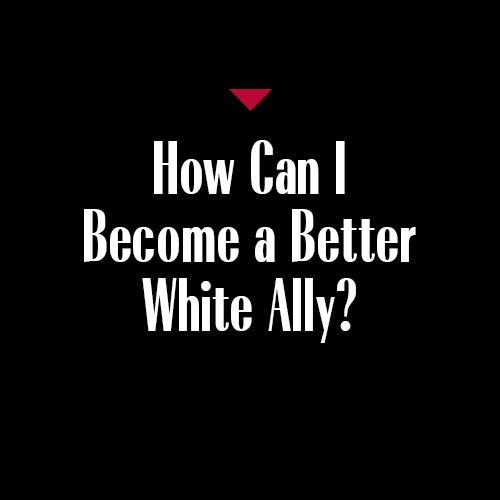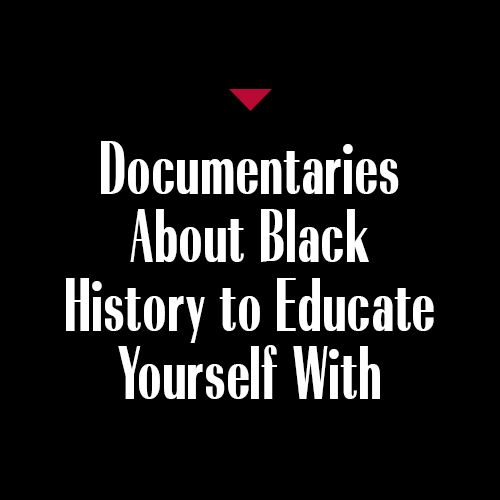Protestors Are Still Demanding Justice for Breonna Taylor. Here's How You Can Help.
Only one of the three officials responsible for her death was charged—and only for "wanton endangerment."

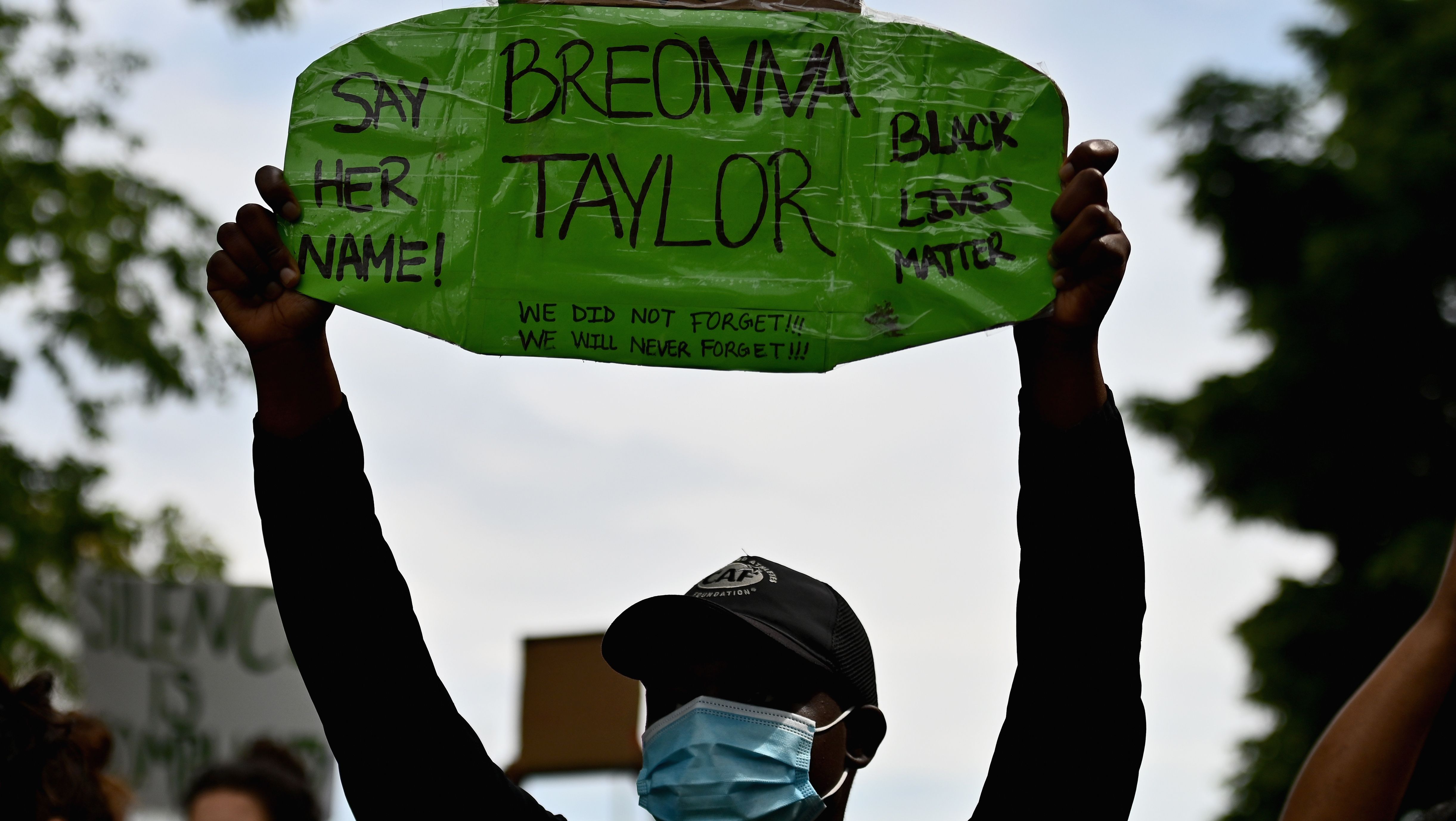
Select the newsletters you’d like to receive. Then, add your email to sign up.
You are now subscribed
Your newsletter sign-up was successful
Want to add more newsletters?

Delivered daily
Marie Claire Daily
Get exclusive access to fashion and beauty trends, hot-off-the-press celebrity news, and more.

Sent weekly on Saturday
Marie Claire Self Checkout
Exclusive access to expert shopping and styling advice from Nikki Ogunnaike, Marie Claire's editor-in-chief.

Once a week
Maire Claire Face Forward
Insider tips and recommendations for skin, hair, makeup, nails and more from Hannah Baxter, Marie Claire's beauty director.

Once a week
Livingetc
Your shortcut to the now and the next in contemporary home decoration, from designing a fashion-forward kitchen to decoding color schemes, and the latest interiors trends.

Delivered Daily
Homes & Gardens
The ultimate interior design resource from the world's leading experts - discover inspiring decorating ideas, color scheming know-how, garden inspiration and shopping expertise.
- Breonna Taylor, a 26-year-old Black ER technician, was shot at least eight times by police officers who forced their way into her Louisville apartment just after midnight on March 13.
- Neither of the three police officers were wearing body cameras, CNN reported.
Update, 9/23: On Sept. 23, a grand jury chose to charge Brett Hankison, one of the three officials responsible with the death of Breonna Taylor, with three counts of wanton endangerment in the first degree—not for shooting Taylor, but for "firing recklessly" into a neighboring apartment. The other two officers involved in Taylor's death were not indicted.
"The Grand Jury’s decision in the killing of Breonna Taylor is outrageous and offensive to her memory. It’s yet another example of no accountability for the genocide of persons of color by white police officers. With all we know about Breonna Taylor’s killing, how could a fair and just system result in today’s decision?" the family's lawyer Ben Crump said in a statement shared on Twitter.
Original post:
Just before 1 a.m. on March 13, three officers forced their way into Breonna Taylor's Louisville, Kentucky apartment with a battering ram, shooting her at least eight times until she died on her hallway floor. Taylor, a Black woman, was an ER technician and former EMT; her mom, Tamika Palmer, told the Louisville Courier Journal that she had plans of "becoming a nurse and buying a house and then starting a family."
Taylor’s boyfriend, Kenneth Walker, told police she was alive and struggling to breathe for at least five minutes after she was shot. Despite this, she received no medical attention for more than 20 minutes, the Courier Journal reports.
According to the Courier-Journal, police had a warrant to enter Taylor's home, which she shared with boyfriend Walker, without knocking or otherwise signaling their presence—but she wasn't the focus of their narcotics investigation. Instead, a detective claimed that their primary suspect, who they alleged was selling drugs from a house more 10 miles from Taylor's home, had used her address to receive a package. In a lawsuit filed by Palmer, as the New York Times reports, the family's lawyers say that the suspect was already in custody by the night of Taylor's death.
Louisville police said that, despite their "no-knock warrant," officers Jonathan Mattingly, Brett Hankison, and Myles Cosgrove did identify themselves before breaking into Taylor and Walker's apartment—but their families, as well as neighbors, said that wasn't true, according to the Courier-Journal. The police also claimed that they only opened fire after Walker shot one of the officers in the leg. Walker, however, said that he believed someone was attempting to break into the apartment, and shot in self-defense. He was charged with attempted murder, as the New York Times reports, although the charges were subsequently dropped.
Get exclusive access to fashion and beauty trends, hot-off-the-press celebrity news, and more.
Neither Mattingly, Hankison, nor Cosgrove has been arrested or fired after Taylor's death, with all three currently on administrative leave. What's more, none of the officers were wearing body cameras. The Louisville Metro Police Department has since announced that all officers will be mandated to wear body cameras, according to CNN, while "no-knock warrants" must now be signed off on by both a judge and the police chief, rather than a judge alone.
On May 21, over two months after Taylor's death, the FBI opened an investigation. In a statement published by CNN, special agent Robert Brown, who's in charge of the Louisville FBI, said, "The FBI will collect all available facts and evidence and will ensure that the investigation is conducted in a fair, thorough and impartial manner." In continued demonstrations in Louisville, protestors are demanding the police be held accountable for Taylor's death, as the New York Times reports. "No justice, no peace, prosecute police," demonstrators chanted last week.
Taylor's mom Palmer told the Courier-Journal that the Louisville police didn't appreciate the gravity of their actions. "I'm not sure that they understand what they took from my family," she said. "Not just me, but my family. This has affected so many of us, so many of her friends."
How can I help demand justice for Breonna Taylor?
Friday, June 5 would have been Taylor's 27th birthday. In order to continue the conversation about her ongoing case and to honor her life, writer and culture critic Cate Young (@BattyMamzelle on Twitter) has organized and created an official page where you can celebrate Taylor’s life and fight for proper legal action to be taken in her case. Most of things these take under a minute to do, and have impactful results.
Here's how else you can demand justice:
Sign a petition calling for justice for Breonna Taylor here.
Sign a second petition here.
Donate to a fundraiser for Breonna Taylor's family, supporting their fight for justice, here.
Write and send a card in Breonna’s honor to the Kentucky Attorney General Daniel Cameron and Louisville Metro Mayor Greg Fischer offices to remind them to continue to take action on her case. And if you're worried about it getting there on time, don't stress. All that matters is that they get your message and know we won't stop fighting.
Here’s Kentucky Attorney General Daniel Cameron’s address:
Office of the Attorney General
700 Capital Avenue, Suite 118
Frankfort, Kentucky 40601-3449
And here’s Louisville Metro Mayor Greg Fischer’s address:
Mayor Greg Fischer
527 W Jefferson Street #600
Louisville, Kentucky 40202
Follow instructions to contact the Louisville Mayor's office here.
Donate to the Louisville Community Bail Fund here.
Use the hashtags #SayHerName and #JusticeForBreonnaTaylor all over social media starting on Friday. Share her story and demand justice. Link to some of the petitions on this list for people to sign in her honor.
Split a donation between bail funds across the country here.
Donate to Black Lives Matter here.
Sign the Black Lives Matter petition to #DefundThePolice here.
Donate to the Movement for Black Lives, a coalition of Black organizations across the U.S., here.
Black Lives Matter

Emily Dixon is a British journalist who’s contributed to CNN, Teen Vogue, Time, Glamour, The Guardian, Wonderland, The Big Roundtable, Bust, and more, on everything from mental health to fashion to political activism to feminist zine collectives. She’s also a committed Beyoncé, Kacey Musgraves, and Tracee Ellis Ross fan, an enthusiastic but terrible ballet dancer, and a proud Geordie lass.
